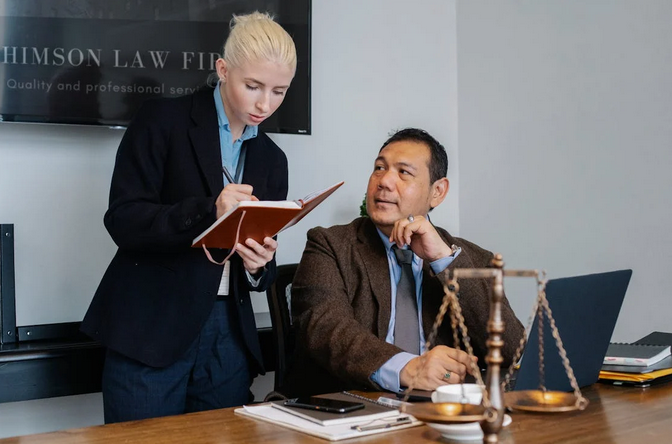Picture yourself working as a lawyer for a large corporation, representing them in high-stakes negotiations and settlements. You are responsible for getting the best possible outcome for your client, but you also know that you can’t just do whatever it takes to win. There are ethical considerations that must be taken into account in these situations. They must act with honesty, integrity, and fairness in all of their negotiations and settlements. Although the lawsuit itself may be a battle between two sides, the lawyers involved must maintain professionalism and respect for each other.
So, what are some of the ethical considerations that lawyers must keep in mind in high-stakes negotiations and settlements? Keep on reading to find out how lawyers maintain their professionalism throughout their careers.
Full Disclosure

When it comes to high-stakes negotiations and settlements, full disclosure is non-negotiable. Transparency is the bedrock on which trust is built, and without it, even the most promising deal can crumble. Honesty upfront sets the tone for a productive dialogue where all parties are on equal footing.
Concealing crucial information may lead to misunderstandings or suspicions that could derail the entire negotiation process. By openly sharing relevant details and potential conflicts of interest from the get-go, you demonstrate your commitment to fairness and integrity. It’s never only about ticking boxes; it’s all about fostering a climate of mutual respect and collaboration.
Fair Representation
As a negotiator or mediator, all parties involved must be treated fairly and have their interests properly represented. Fair representation means acting impartially and ethically throughout the negotiation process. It involves advocating for your client’s best interests while also seeking a mutually beneficial outcome for all parties.
Maintaining transparency and honesty in communication is key to demonstrating fair representation. By actively listening to each party’s concerns and perspectives, lawyers can work towards finding common ground and reaching the best resolution that satisfies everyone involved.

Avoided Coercion
In high-stakes negotiations and settlements, avoiding coercion is essential. Coercive tactics can damage relationships and lead to unfair outcomes. It’s crucial to prioritize respectful communication and genuine collaboration in these situations. Coercion can take many forms, from threats to manipulation tactics.
By steering clear of coercive behavior, parties can foster a more trusting environment for reaching mutually beneficial agreements. This method ensures that decisions are made based on informed consent rather than pressure. When faced with challenges or disagreements during negotiations, taking a step back to reassess the situation without resorting to coercion can lead to more sustainable solutions.
Confidentiality

This confidentiality elite lawyers keep in mind is the key to fostering trust between all parties involved, ensuring open communication without fear of repercussions. Maintaining confidentiality also protects the integrity of the negotiation process. When participants feel their discussions are kept confidential, they are more likely to share information openly, leading to more productive discussions and potential agreements.
Furthermore, upholding confidentiality demonstrates professionalism and respect for privacy rights. It shows that all parties involved in the negotiation value discretion and understand the importance of protecting sensitive information from being disclosed without consent. However, one of the most critical aspects that cannot be overlooked is conflict of interest management. By actively identifying and addressing any potential conflicts of interest that may arise during negotiations or settlements, you can maintain transparency and trust with all parties involved.…

